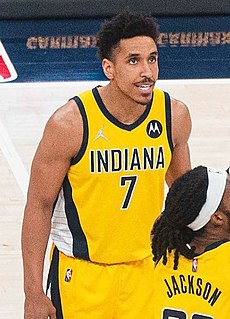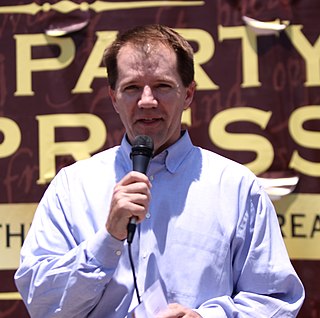A Quote by William Kamkwamba
I want to bring clean water to people who do not have it. What I'm trying to do now is think of ways to build a well-drilling machine that is low-cost so people in rural areas can afford it.
Related Quotes
Rural poverty happens because people aren't being paid to take adequate care of their places. There's lots of work to do here. And you can't afford to pay anybody to do it! If you depress the price of the products of the place below a certain level, people can't afford to maintain it. And that's the rural dilemma.
The level of dependence on government among rural populations is actually extraordinary. They suffer even more when that assistance is taken away because they don't have access to the economic dynamism of cities. So if there are ways to tell stories that help people in rural areas see their kind of mutual need for care, that to me is the kind of thing that I want HuffPost to try and do.
I think that most of us are aware that as writers we are seeking absences, we're seeking silences, we're seeking spaces that people haven't entered. No writer is saying, "Hey, I want to go to this very well trod territory and say exactly what someone else has done." I think the nature of a writer, because we are attempting to bring to light areas that people haven't seen before, tends in some ways to be progressive, at least in that light.
Mesh networking is an old idea. Oddly enough, the low-cost XO Laptop built by the 'One Laptop Per Child' organization - the so-called $100 laptop - was designed with built-in mesh networking. The idea with the XO machine was that many kids using those laptops would be out in rural areas without reliable Internet access.
If you're a Texas Supreme Court Justice hopscotching across 254 counties, trying to tattoo your name onto the noggins of millions of voters, you must find creative ways to raise visibility and build awareness. Twitter, Facebook, etc. are low-cost but high-yield ways to leverage the support of key influencers and opinion leaders.
I think we have not done a good job of explaining to people in rural America what is actually happening, number one. And, number two, we're not expressing appreciation and acknowledging the contribution that rural America makes. Where does your food come from? Where does the water come from? Where does the energy feedstock come from? It all comes from rural areas. Where does your military come from? Nearly 35 to 40 percent of the military is from 15 percent of America's population living in rural America. It makes a tremendous contribution to this country. It just isn't recognized.
I think what is true is that there's been an underlying division in the United States. Some of it has to do with the fact that economic growth and recovery tends to be stronger in the cities and in urban areas. In some rural areas, particularly those that were reliant on manufacturing, there has been weaker growth, stagnation, people feeling as if their children won't do as well as they will.
Water is one of the most basic of all needs - we cannot live for more than a few days without it. And yet, most people take water for granted. We waste water needlessly and don't realize that clean water is a very limited resource. More than 1 billion people around the world have no access to safe, clean drinking water, and over 2.5 billion do not have adequate sanitation service. Over 2 million people die each year because of unsafe water - and most of them are children!




































